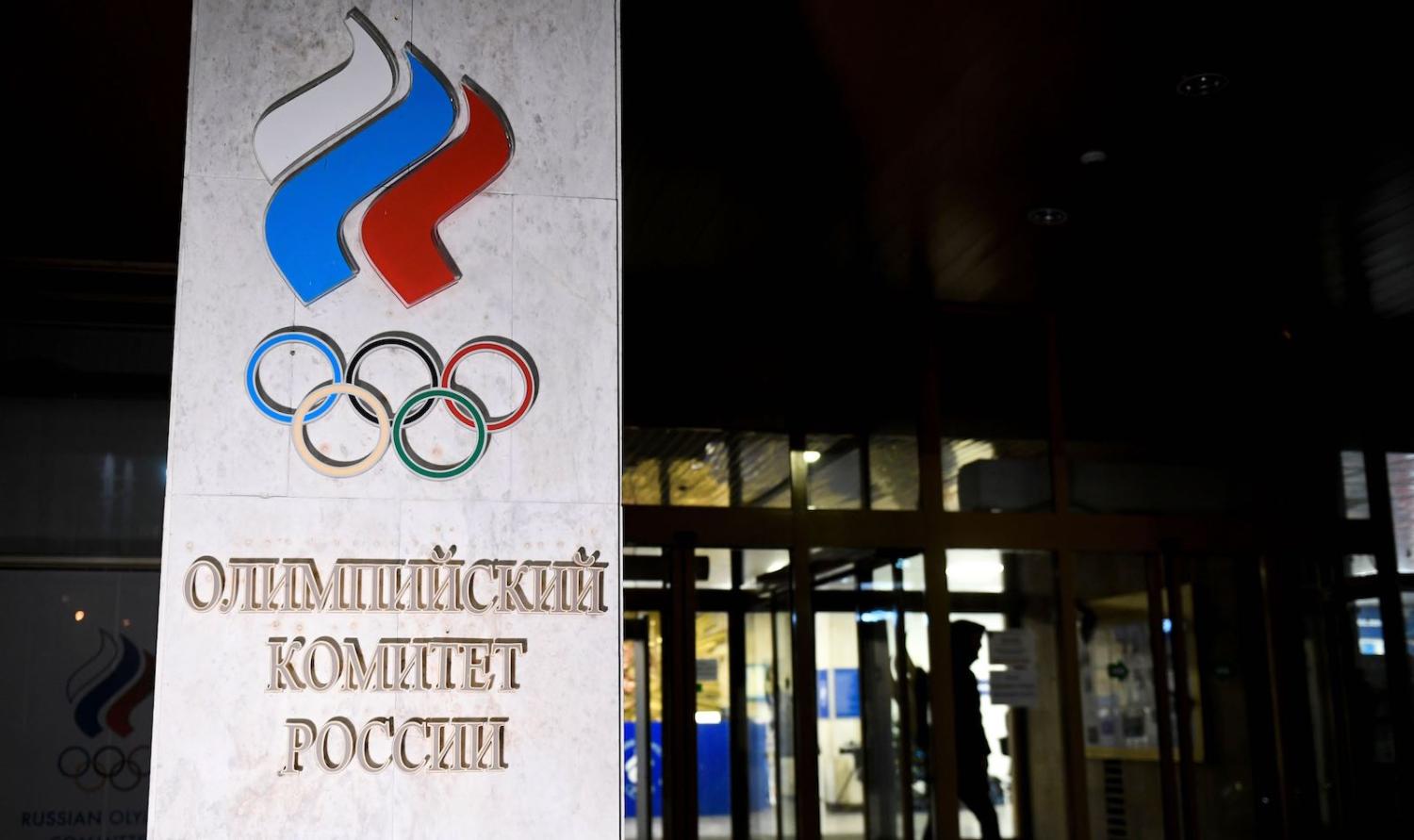There’s a telling scene in the recent sports documentary Icarus where the main protagonist of the film, Grigory Rodchenkov, sits at a table swirling containers of urine. “I am mafia, chased by WADA,” the former director of Russia’s anti-doping agency muses to himself. “In Russia, the empire of evil.”
It elicits a spontaneous laugh from Bryan Fogel, the director of the film who is also part of the scene, but the statement hangs in the air unchallenged. The message to the viewer is clear: Rodchenkov knows that Russia is seen as the world’s doping villain and he doesn’t seem to mind.
The link between Russia’s doping and its foreign policy is not so far fetched.
Before going on to win an Oscar last year, Icarus led to one of the greatest controversies in world sport. Rodchenkov’s explosive claims of state-sponsored doping in Russian sport aroused the interest of the World Anti-Doping Agency, WADA, who corroborated his evidence and then proceeded to ban many Russian athletes and the country’s anti-doping agency (RUSADA) for three years.
It was an amazing moment for documentary film-making, but a dark day for Russian sport. Over 1000 Russian athletes were eventually found to have taken part in coordinated doping, led by Rodchenkov’s lab. The enigmatic scientist fled to the United States to live in witness protection, and Russian sport has been dealing with the consequences ever since.
Fast forward to this year and the international sporting community has been slowly, albeit reluctantly, welcoming Russia back into the fold. The 2018 Football World Cup was generally considered a success – with less controversy than had been expected – and RUSADA has been allowed to re-open.

But then came the fresh manipulation of laboratory data handed over to WADA investigators in January of this year. It was the final straw. Russia had apparently not learned from previous mistakes and as a result WADA has now banned the country from taking part in all major world sporting events for four years. Australia, as Oceania’s representative on the WADA Executive Committee, voted in favour of the sanctions.
There are two caveats to this most recent ruling. Firstly, RUSADA has 21 days to challenge WADA’s decision at the Court of Arbitration for Sport in Switzerland, although its generally thought their chances of success are low. Secondly, athletes that can prove their innocence will be able to compete at major international tournaments, but not in Russian colours, if they can prove that they are clean.
To the outside observer, the four-year punishment for this single, new misstep by Russia may appear severe. But when considered against the backdrop of the country’s recent doping-laden history, it makes sense. WADA was under considerable pressure from many stakeholders to come down hard on Russia if the country made a mistake again, and it seems to have done so.
Travis Tygart, CEO of the US Anti-Doping Agency, believes the new ruling isn’t tough enough. He called for imposing a blanket ban on all Russian athletes. It’s hard to imagine Tygart pushing for the same measures if it was a first-time infringement by another, smaller nation. While the US has struggled with its own dopers in the past, clearly the patience of those trying to truly clean up international sport is wearing thin.
Through statements like Tygart’s, it seems clear that Russia’s breaches over the last decade – combined with long-held suspicions during the Soviet era – have meant entrenched bias is developing against it. Russia’s athletes and sports administrators are in the spotlight like scarcely any other country.
Russia’s reaction this week has been predictable. While Vladimir Putin said that WADA’s decision was politically motivated, Prime Minister Dmitry Medvedev was at least prepared to admit Russia had made mistakes in the past. Still, he said athletes involved had been punished enough in the past and the new ban was part of "chronic anti-Russian hysteria.” Meanwhile, Juri Ganus, the new head of RUSADA, asked Vladimir Putin to intervene in the matter at an international level.
Although that seems unlikely, the link between Russia’s doping and its foreign policy is not so far fetched. Late in the film Icarus, Grigory Rodchenkov – by this time living in hiding in the US – claims that Russia’s decision to annex Crimea in 2014 was partly due to the country’s success at the Sochi Olympics. He says that had Russia not won as many gold medals, which it only did as a result of his doping program, Putin would not have had the confidence to take over part of Ukraine just weeks later. It is something he obviously regrets, perhaps more so than even his doping transgressions.
At the peace summit between Ukraine and Russia this week, the Russian president seemed in a more conciliatory mood, agreeing to a prisoner swap between the two sides. Perhaps, now that Russia’s doping sins have been laid bare to the world once more, he’s aware that his country needs to behave better on other fronts, too.

